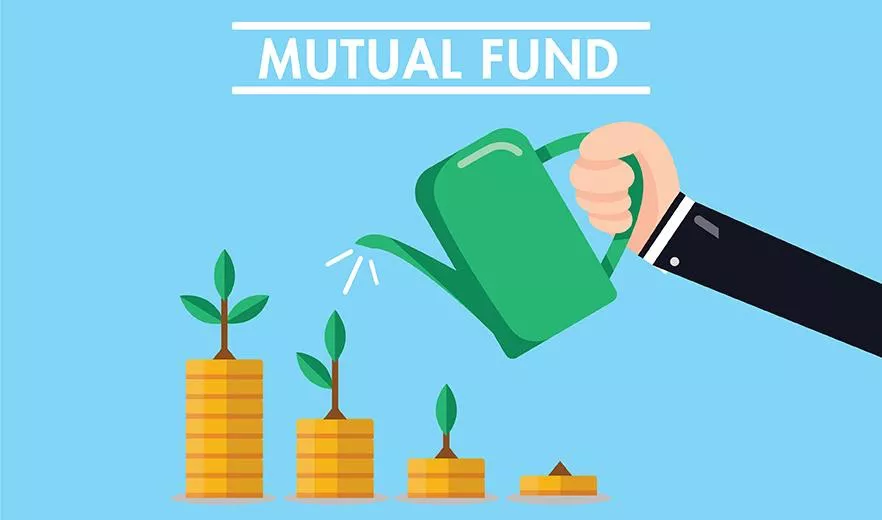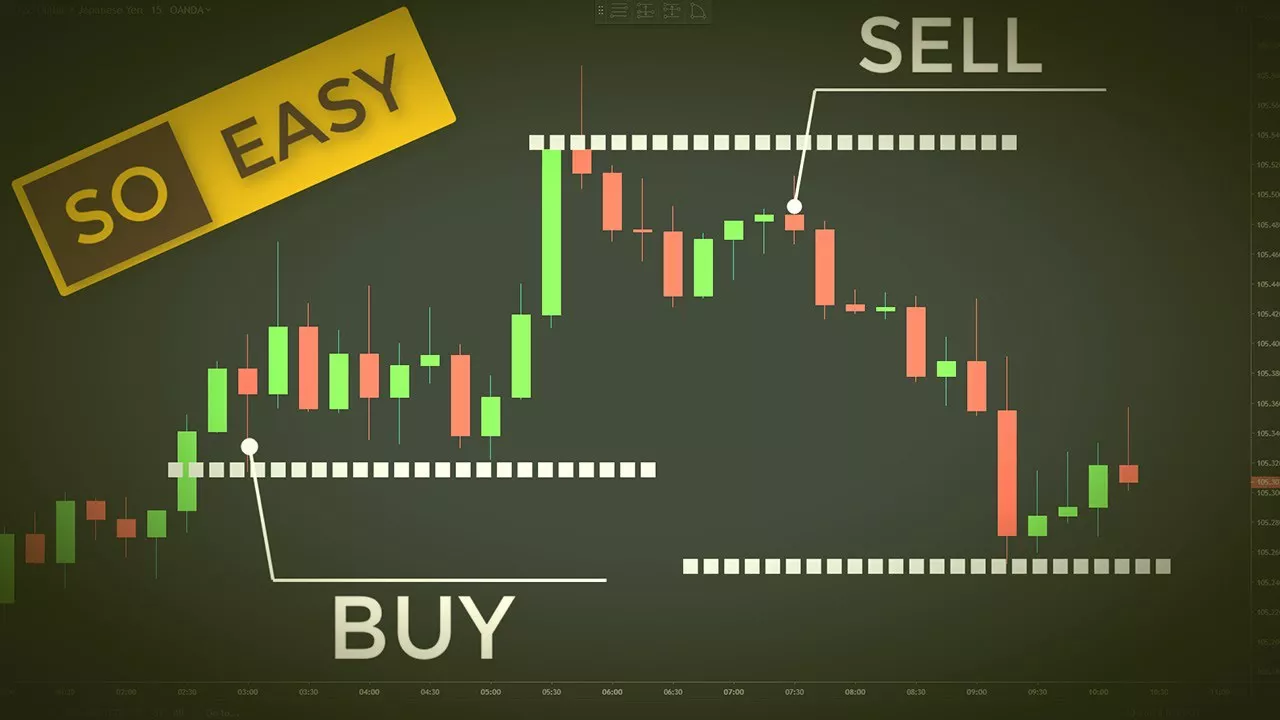Index funds have become a popular investment vehicle for individuals seeking to invest in the stock market. They offer diversification, lower fees, and the potential for steady growth. However, investors often wonder about the process of selling index funds and how long it takes. This article will explore various factors influencing the time it takes to sell index funds, the mechanics of selling, and tips for a smooth transaction.
Introduction to Index Funds
What Are Index Funds?
Index funds are mutual funds or exchange-traded funds (ETFs) designed to replicate the performance of a specific market index. These indices can include popular benchmarks like the S&P 500, the Dow Jones Industrial Average, or the NASDAQ Composite.
Why Invest in Index Funds?
Investors are drawn to index funds for several reasons:
Diversification: Index funds provide exposure to a broad range of stocks, reducing the risk associated with investing in individual companies.
Low Fees: Compared to actively managed funds, index funds typically have lower expense ratios, allowing investors to keep more of their returns.
Simplicity: Index funds offer a straightforward investment strategy, making them ideal for beginners and seasoned investors alike.
Understanding the Selling Process
Types of Index Funds
Before discussing how long it takes to sell index funds, it is essential to understand the types of index funds available:
Mutual Funds: These funds pool money from multiple investors to purchase a diversified portfolio of stocks that track an index. Investors buy shares directly from the fund company at the end of the trading day.
Exchange-Traded Funds (ETFs): ETFs are similar to index mutual funds but trade on stock exchanges like individual stocks. Investors can buy and sell ETF shares throughout the trading day, allowing for more flexibility.
Selling Index Funds: Key Considerations
Trading Hours:
For mutual funds, transactions are processed at the end of the trading day. Investors must place their sell orders before the market closes to receive that day’s price.
For ETFs, investors can buy and sell shares during regular market hours, allowing for immediate execution of trades.
Settlement Period: The settlement period refers to the time it takes for a transaction to be finalized and for the investor to receive the proceeds from the sale. For index funds, the settlement period typically is T+1 (trade date plus one business day) for mutual funds and T+2 for ETFs.
Fund Restrictions: Some index funds may impose restrictions on selling, such as minimum holding periods or redemption fees. These rules can affect the time it takes to sell your shares.
How Long Does It Take to Sell Index Funds?
Selling Mutual Funds
Placing the Order:
To sell mutual fund shares, investors must submit a redemption request to their fund company. This can be done online, over the phone, or via a written request.
Once the order is placed, it will be executed at the fund’s net asset value (NAV) at the end of the trading day.
Processing Time:
The fund company typically processes redemption requests on the same day or the next business day, depending on their policies.
The funds are then transferred to the investor’s account, usually within one business day after the order is executed.
Total Time for Selling Mutual Funds: Typically takes 1 to 2 business days to complete the entire process.
Selling ETFs
Placing the Order:
Investors can sell ETF shares through a brokerage account, just like individual stocks. This can be done online or through a broker.
Orders can be placed as market orders (executed at the current market price) or limit orders (executed only at a specified price).
Execution Time: ETF orders are executed almost instantly during market hours, allowing investors to capitalize on real-time price movements.
Settlement Time: The settlement for ETF trades typically occurs on T+2, meaning investors receive their proceeds two business days after the sale.
Total Time for Selling ETFs: Generally takes 2 business days for the entire process.
Factors Affecting the Selling Time
Several factors can influence how long it takes to sell index funds, including:
Market Conditions
Volatility: During periods of high market volatility, execution times may vary due to increased trading activity.
Liquidity: Highly liquid funds tend to sell more quickly, while less popular funds may take longer to execute trades.
Order Types
Market Orders: Executed quickly at the current market price, resulting in a faster sale.
Limit Orders: May take longer to execute, depending on market conditions and the specified price.
Broker Policies
Different brokerage firms have varying policies regarding order execution and settlement. It is essential to understand your broker’s processes to estimate the selling time accurately.
See Also: How Much Tax on Index Funds?
Tips for Selling Index Funds
Know Your Fund
Before selling, review the fund’s prospectus to understand its redemption policies, fees, and restrictions. This knowledge can help you anticipate any potential delays.
Monitor Market Conditions
Stay informed about market conditions and trends that may impact the execution of your sell order. Selling during peak trading hours can enhance your chances of a quick sale.
Choose the Right Order Type
Consider using market orders for immediate execution or limit orders if you are willing to wait for a specific price.
Be Aware of Fees
Understand any redemption fees that may apply to your fund, as these can impact your returns when selling.
Keep Track of Settlement Times
Familiarize yourself with the settlement timelines for mutual funds and ETFs to know when to expect your funds after a sale.
Conclusion
Selling index funds is generally a straightforward process, but the time it takes can vary depending on the type of fund, market conditions, and brokerage policies.
For mutual funds, the entire selling process typically takes 1 to 2 business days.
For ETFs, the process usually requires around 2 business days.
Understanding the mechanics of selling index funds can help investors make informed decisions and optimize their investment strategies. Whether you are a seasoned investor or just starting, knowing how long it takes to sell index funds is crucial for effective portfolio management.
By considering the various factors that affect the selling time and following the tips outlined in this article, you can navigate the selling process more efficiently and effectively.
Related topics:
- The 10 Largest Hedge Funds
- What Are the Safest Index Funds?
- What Is the Risk of Investing in Mutual Funds?
































